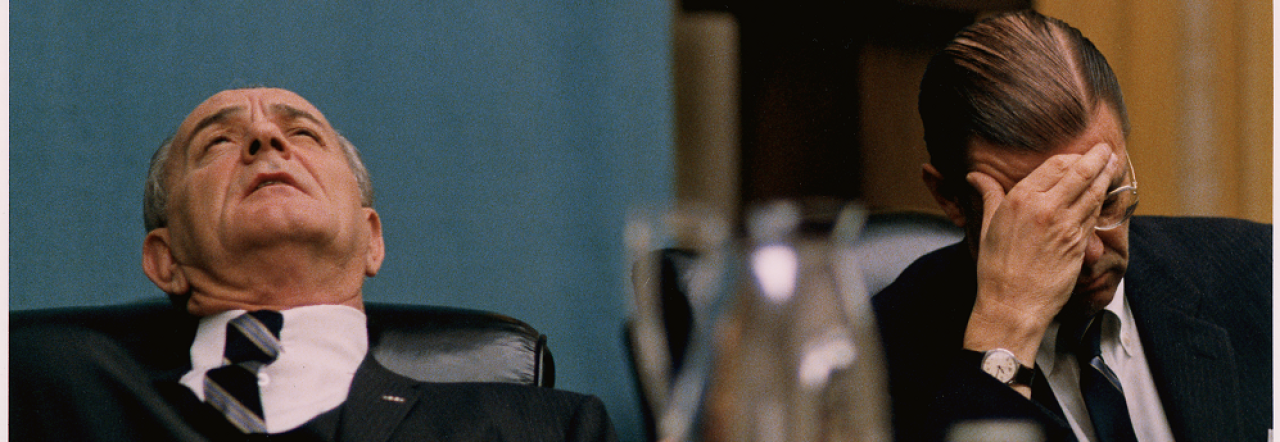I have been drawn, more and more, day by day, to Mayor Pete. He is running for the 2020 Democratic presidential nomination. Several weeks ago I listened to how Pete Buttigieg framed answers to diverse questions during a CNN town forum. He was not just using words to fill time, but had rounded and insightful answers to questions ranging from international policy to domestic concerns.
When the hour was over he had proved able to converse as a candidate in ways that some who had been in the profession for decades still had not mastered. It was a brilliant tutorial for those who wish to enter politics. Since then I have been reading, listening, learning, and much respecting what I am finding in this candidate.
Today David Brooks weighed into the matter with a powerful opinion column in The New York Times.
What I firmly believe is that most people in this nation know what is happening to the social norms, institutions, and political culture. They know what they see from Trump and his crowd is wrong and not in line with our national narrative, or our future needs and goals. We need to revert back to our shared commonalities and decency. And when they see Mayor Pete it strikes that chord about Main Street, a smart young man, our national ideals, and a hopeful approach to our politics.
The Trump era has been all about dissolving moral norms and waging vicious attacks. This has been an era of culture war, class warfare and identity politics. It’s been an era in which call-out culture, reality TV melodrama and tribal grandstanding have overshadowed policymaking and the challenges of actually governing.
The Buttigieg surge suggests that there are a lot of Democrats who want to say goodbye to all that. They don’t want to fight fire and divisiveness with more fire and divisiveness. They don’t want to fight white identity politics with another kind of identity politics.
They are sick of the moral melodrama altogether. They just want a person who is more about governing than virtue-signaling, more about friendliness and basic decency than media circus and rhetorical war.
Buttigieg’s secret is that he transcends many of the tensions that run through our society in a way that makes people on all sides feel comfortable.
First, he is young and represents the rising generation, but he is also an older person’s idea of what a young person should be. He’d be the first millennial president, but Buttigieg doesn’t fit any of the stereotypes that have been affixed to America’s young people.
Young people are supposed to be woke social justice warriors who are disgusted by their elders. Buttigieg is the model young man who made his way impressing his elders — Harvard, Rhodes scholar, McKinsey, the Navy.
Young hipsters are supposed to flock to coastal places like Brooklyn and Portland; after college, Buttigieg returned to Indiana.
Young people are supposed to be anti-institutional, but Buttigieg is very institutional — his life has been defined by his service to organizations, not his rebellion against them.
Second, he is gay and personifies the progress made by the L.G.B.T.Q. movement, but he doesn’t do so in a way that feels threatening or transgressive to social conservatives. He has conservative family values; it’s just that his spouse is a husband, not a wife. He speaks comfortably about his faith and says that when he goes to church he prefers a conservative liturgy to anything experimental.
Third, he is a localist and a Washington outsider, but he carries no populist resentment and can easily speak the language of the coastal elite.
Buttigieg has spent his political career in Indiana, where pols are expected to go to county fairs and eat the catfish fillet and cheesecake on a stick. He wasn’t alive when the Studebaker plant shut down in South Bend, but he has the trauma of Midwestern deindustrialization in his bones. He lives in a house near his mother where the mortgage comes to about $450 a month. On the other hand, he was friends with Mark Zuckerberg at Harvard, earned a first at Oxford and thrived as a corporate consultant.
Finally, he’s a progressive on policy issues, but he doesn’t sound like an angry revolutionary. Buttigieg’s policy positions are not all that different from the more identifiable leftist candidates. But he eschews grand ideological conflict.


